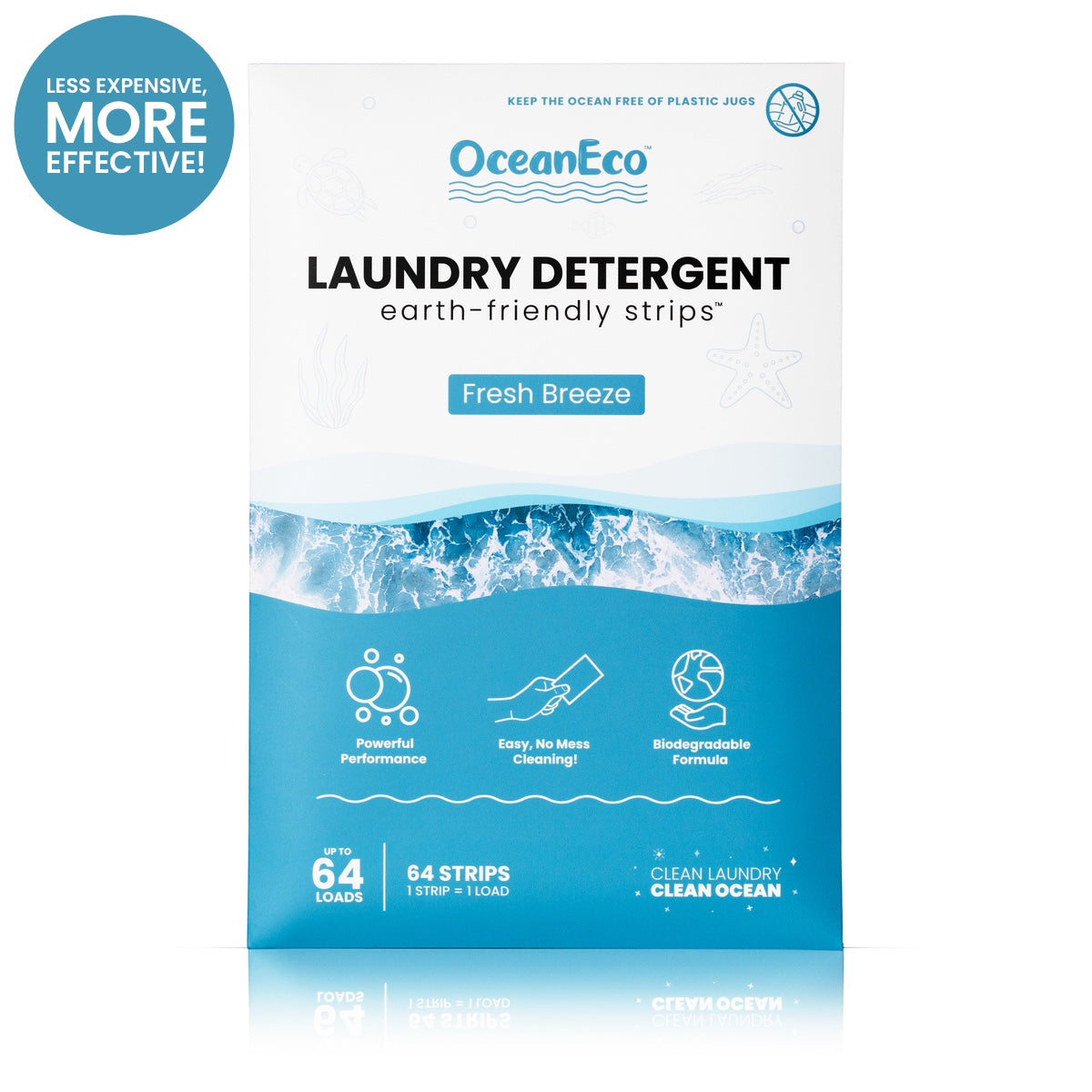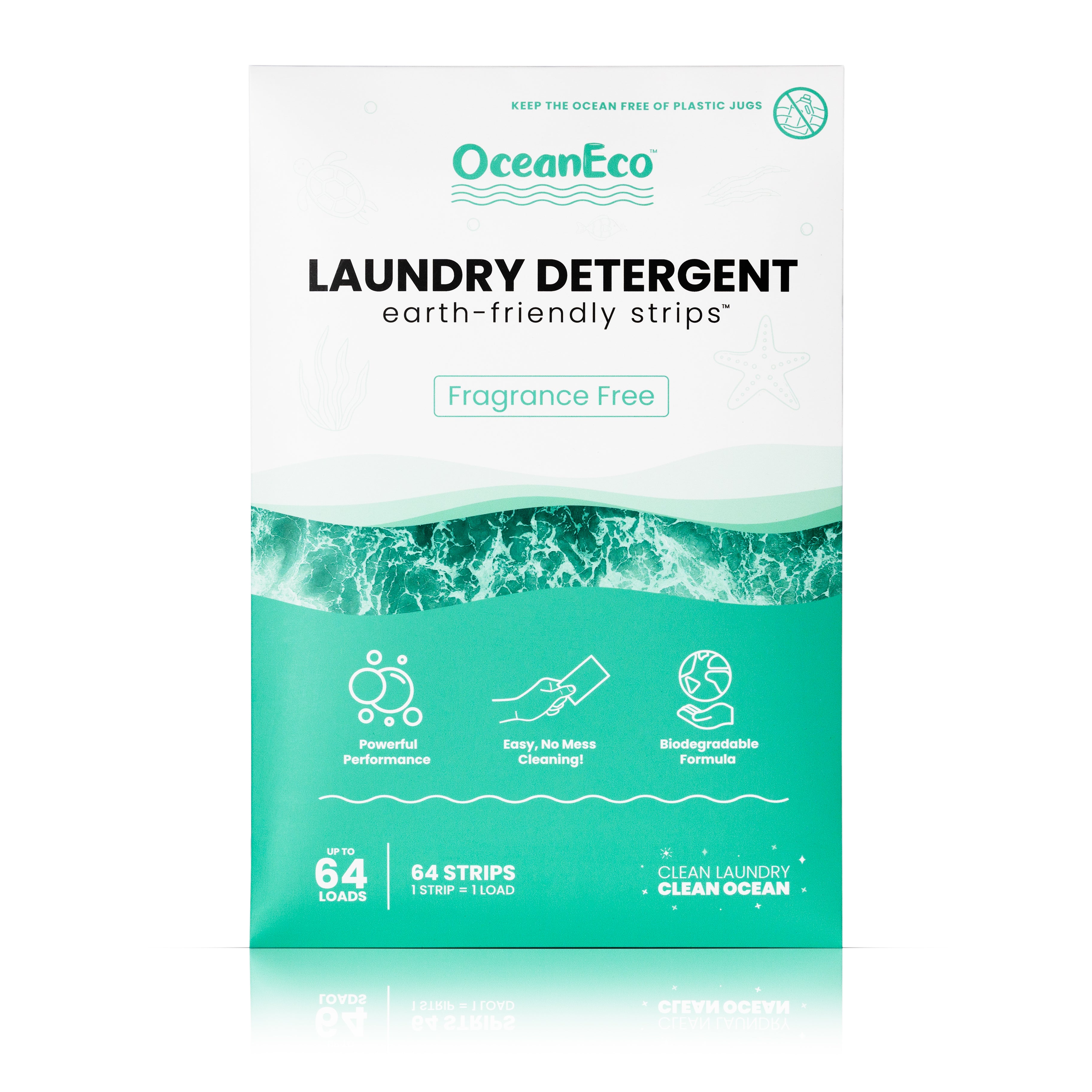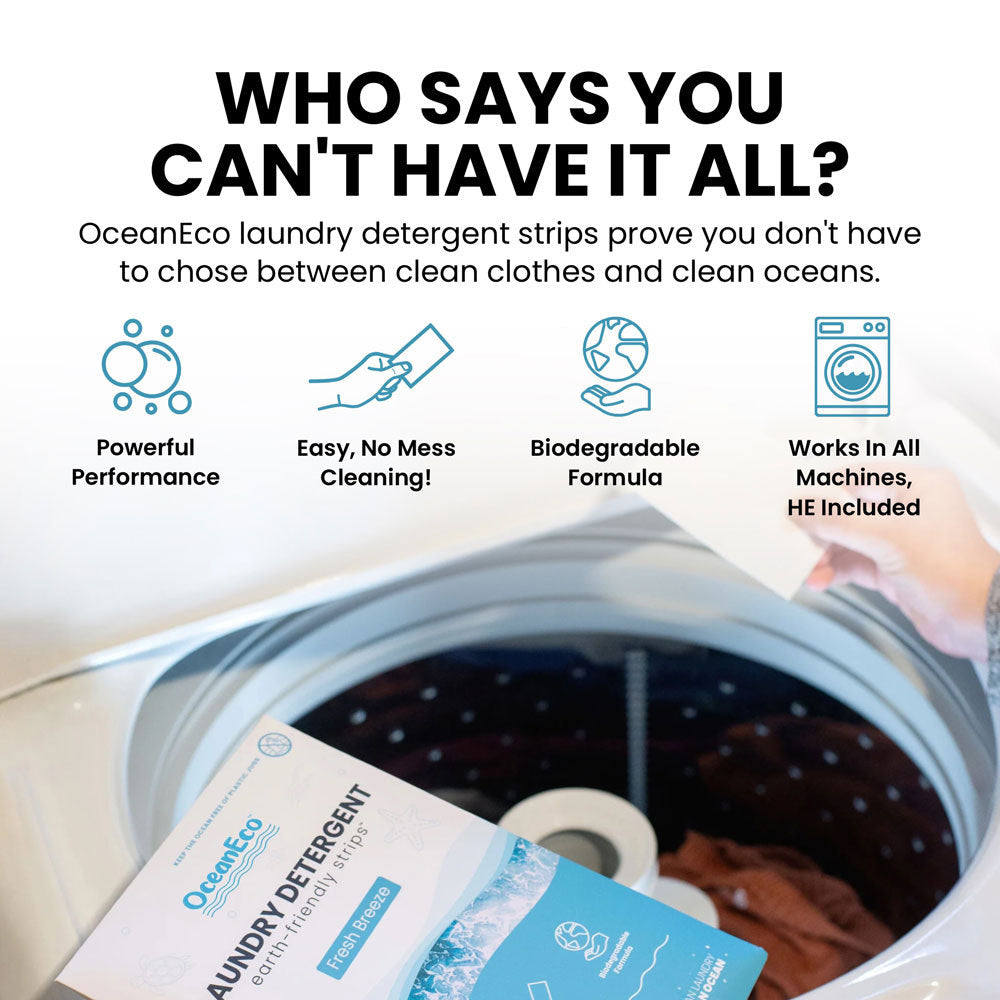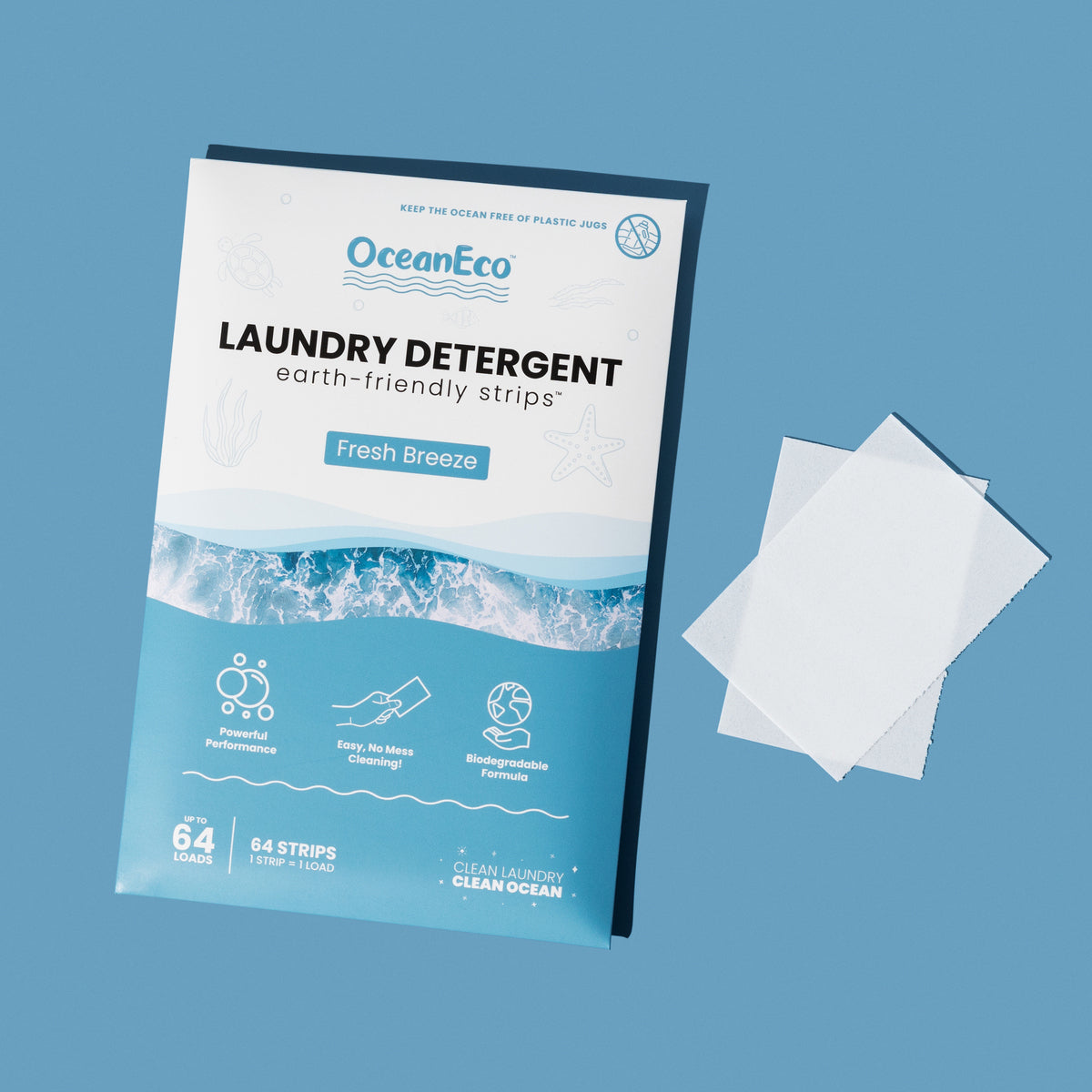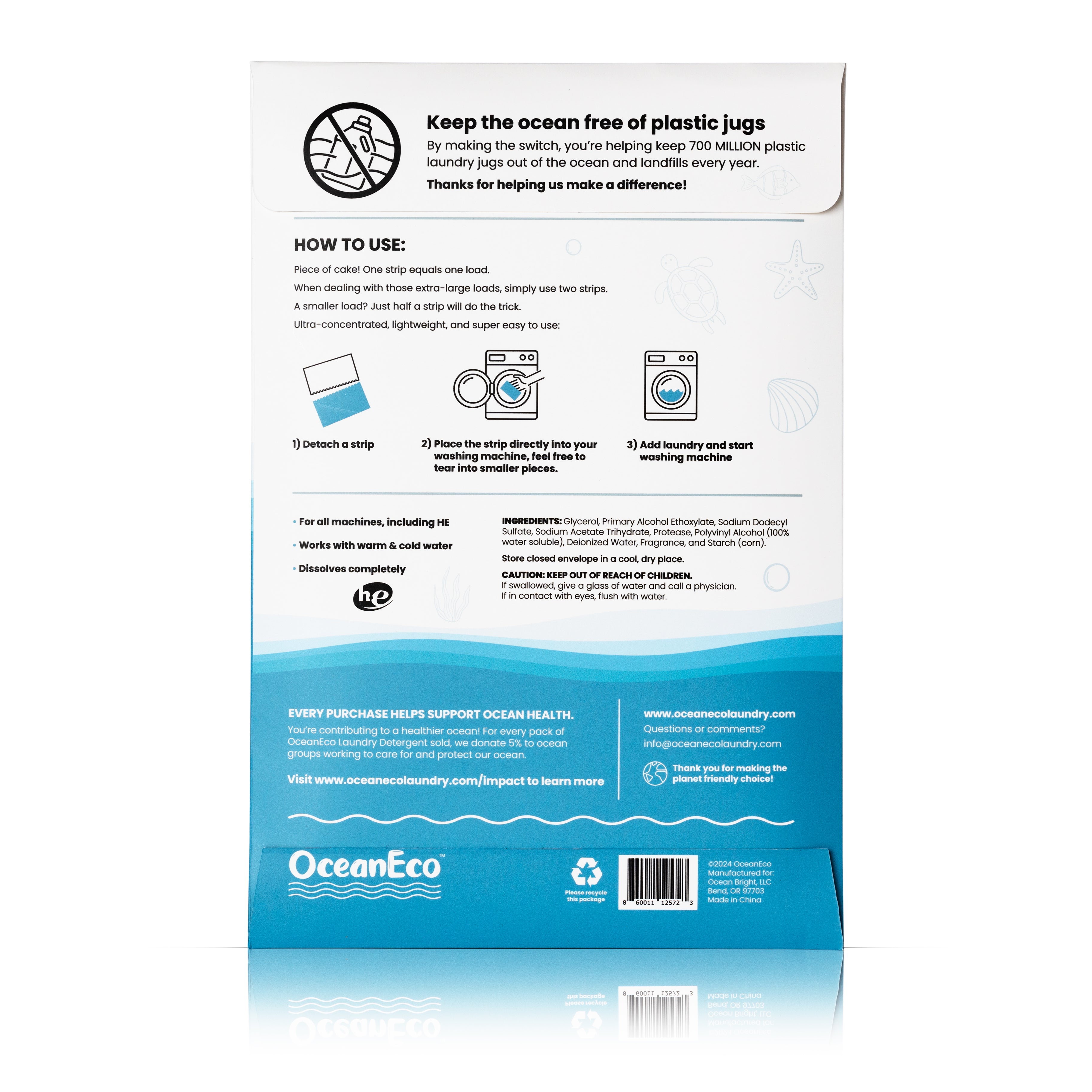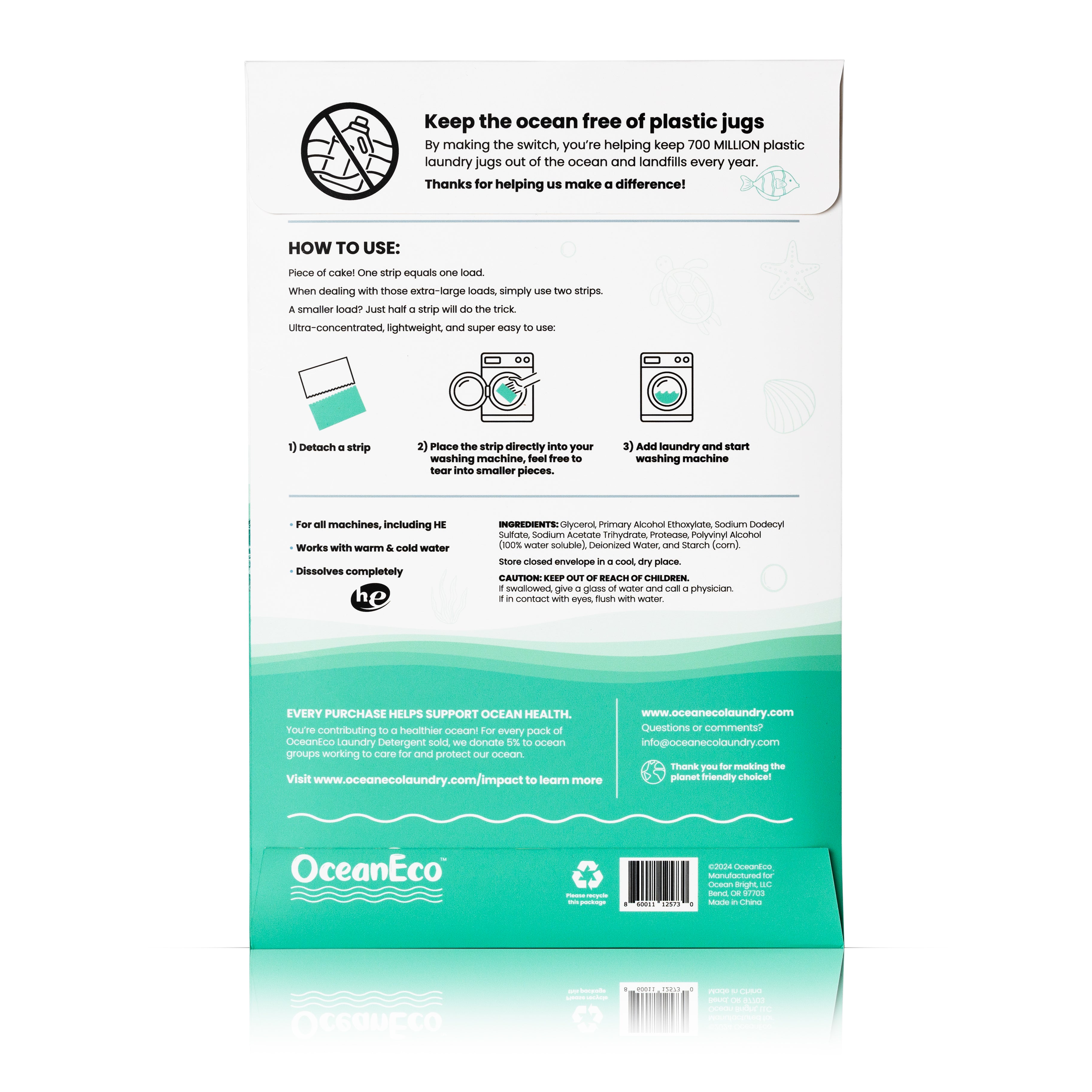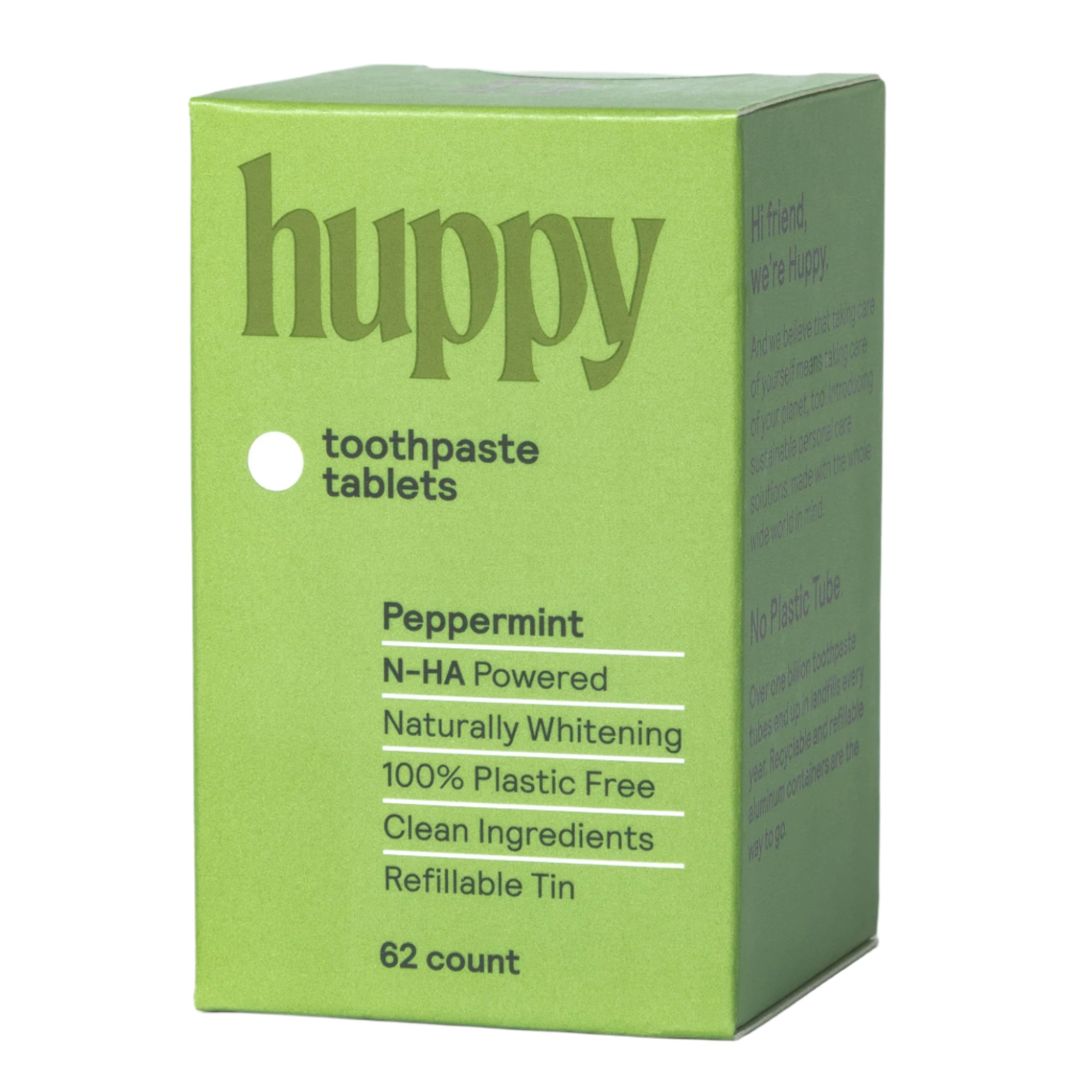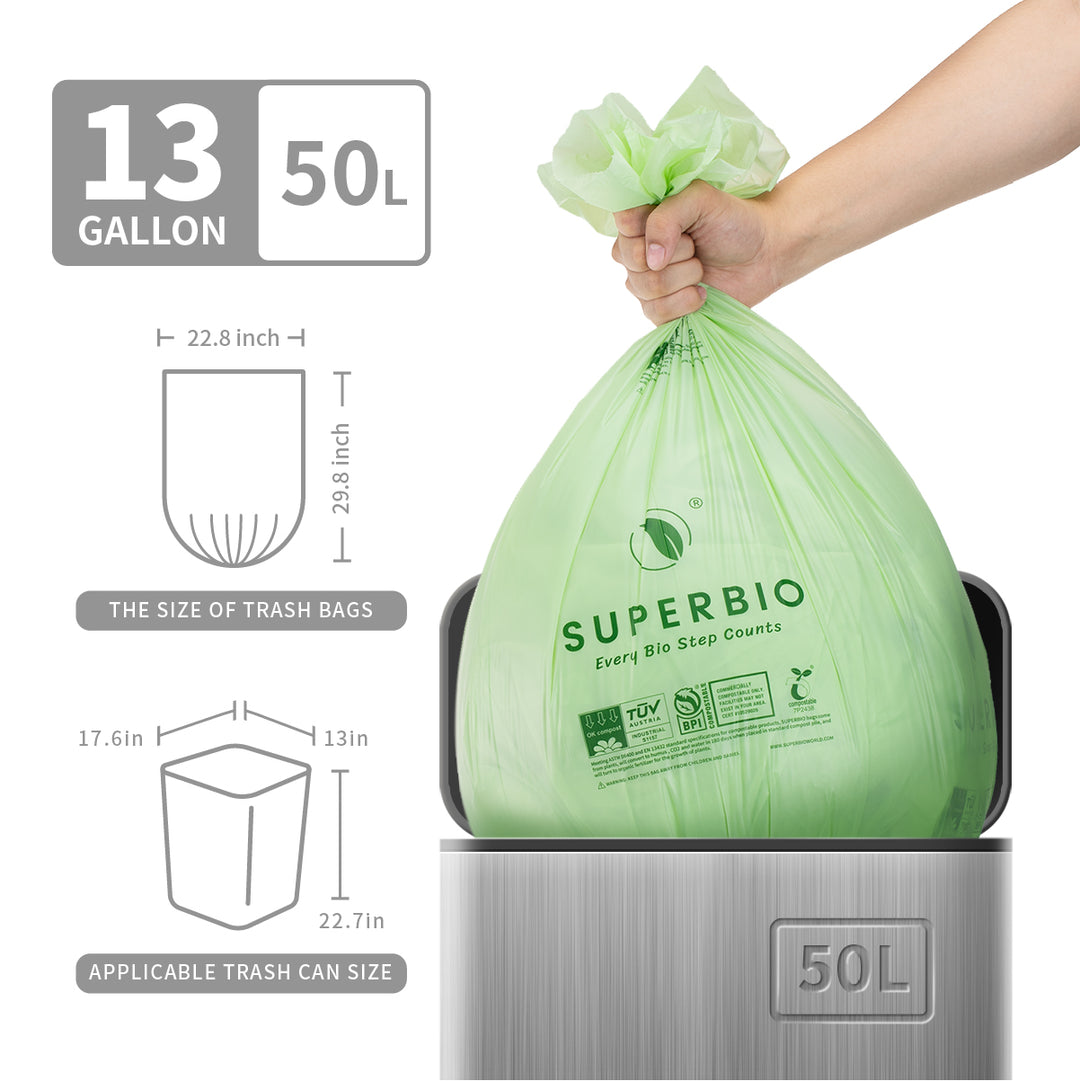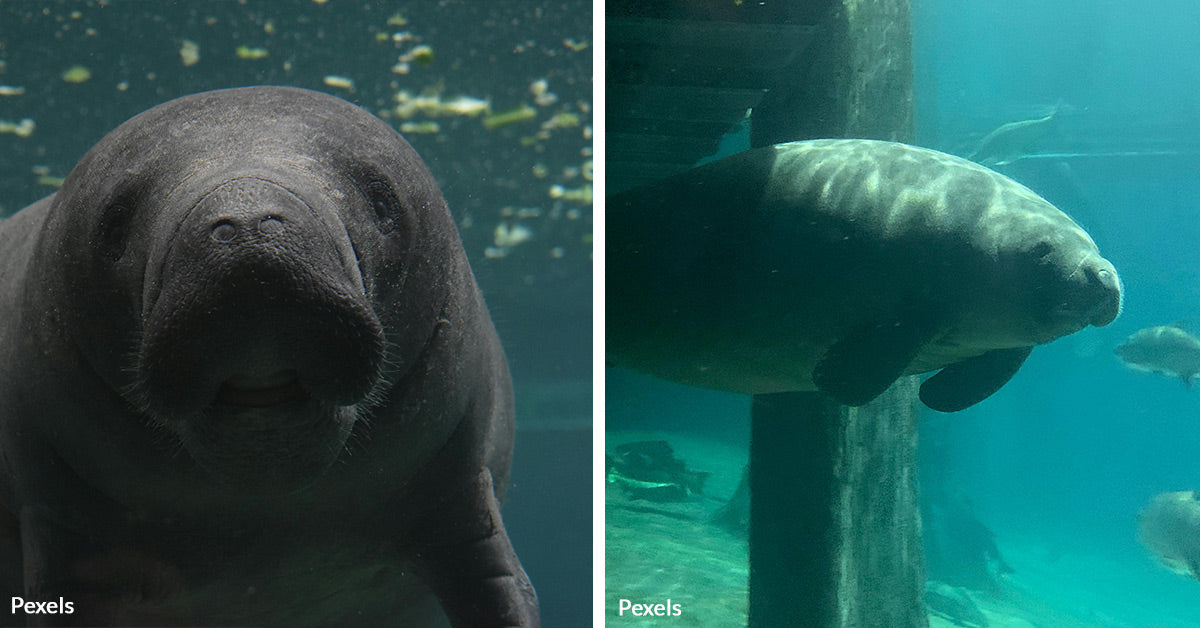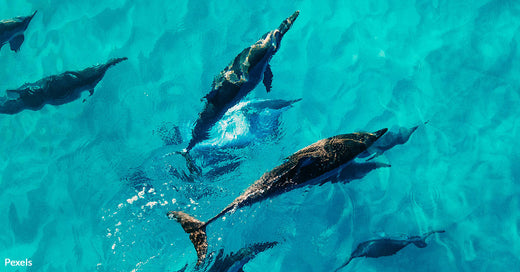Orcas Face Dire Future as Marineland Antibes Closes
Marineland Antibes, a staple of marine entertainment near Cannes, France, has permanently shut its doors as of January 5, 2025. This closure is a direct result of new animal welfare legislation that prohibits the use of dolphins and whales in marine performances.
The park's shutdown casts a shadow over the futures of its two resident orcas, Wikie and her son Keijo, leaving their fate in limbo.

Photo: Pexels
Marineland Antibes has permanently closed, leaving the fate of its orcas in question.
Legislative Changes Drive Marineland’s Closure
The French government enacted laws in 2021 that ban the performance of marine mammals in parks, a move that came into full effect last year. According to The Global Herald, these regulations were pivotal in Marineland Antibes' decision to cease operations. The park, once Europe’s largest marine facility, relied heavily on orca and dolphin shows, which attracted around 90% of its visitors. Without these performances, the park faced insurmountable financial challenges.
The Ordeal of Wikie and Keijo
Wikie, a 23-year-old female orca, and her 11-year-old son Keijo are now the last orcas in captivity in France. Both were born in captivity, making their release into the wild an unfeasible option. According to BBC News, the situation could be compared to sending a domesticated dog into the wild.
Photo: Pexels
The closure is due to new French animal welfare laws banning marine mammal performances.
Rejected Relocation Plans to Japan and Tenerife
Initially, Marineland Antibes proposed transferring Wikie and Keijo to a marine park in Japan. However, this plan was swiftly blocked by the French government, citing Japan’s more lenient animal welfare standards. The Guardian reports that concerns over the orcas' well-being and the potential for continued exploitation in Japanese facilities led to the rejection of this proposal.
Another option considered was relocating the orcas to Loro Parque in Tenerife, Spain. Despite Loro Parque’s compliance with European standards, there are apprehensions that Wikie and Keijo would be compelled to continue performing.
Recent orca deaths at the park have further fueled these fears, CNN reports.

Photo: Pexels
Public support is growing for relocating the orcas to a sanctuary.
Advocacy for a Sanctuary in Canada
In response to the failed relocation attempts, animal rights organizations are advocating for Wikie and Keijo to be moved to a sanctuary in Nova Scotia, Canada. The Whale Sanctuary Project (WSP) proposes creating an enclosed bay where the orcas can live in a more natural environment while receiving necessary veterinary care. People reports that experts believe a sanctuary offers a better quality of life for the orcas compared to another marine park setting.
Public and Expert Support for Sanctuary Proposal
Animal rights activists and experts overwhelmingly support the sanctuary proposal over alternative marine park relocations.
Muriel Arnal, president of One Voice, told CNN, that sending the orcas to another entertainment venue would perpetuate their captivity and disrupt their social bonds. Katheryn Wise from World Animal Protection echoed these sentiments, advocating for a humane and compassionate solution that prioritizes the orcas' well-being over commercial interests.

Photo: Pexels
Animal rights activists advocate for the sanctuary over other marine parks.
Lessons from Keiko’s Journey
The plight of Wikie and Keijo draws parallels to the story of Keiko, the orca from the Free Willy movie. After years in captivity, Keiko was rehomed to a sea pen in Iceland before eventually joining a wild pod in Norway. However, unlike Wikie and Keijo, Keiko was born in the wild and could relearn survival skills, a transition that BBC News notes was fraught with challenges and ultimately led to his death in 2003 due to an infection.
Future Implications for Animal Welfare Policies
The closure of Marineland Antibes marks a significant milestone in the ongoing debate over animal welfare in marine parks. As The Global Herald reports, the fate of Wikie and Keijo could set a precedent for future policies regarding the captivity of marine mammals in Europe.
Public support continues to grow, with campaigns urging the French government and Marineland Antibes to prioritize the orcas' well-being by relocating them to a sanctuary. As the deadline looms, the outcome of this situation will have profound implications for animal rights and welfare standards across the continent.
Click below to take action for Wikie and Keijo!






























































































































































































